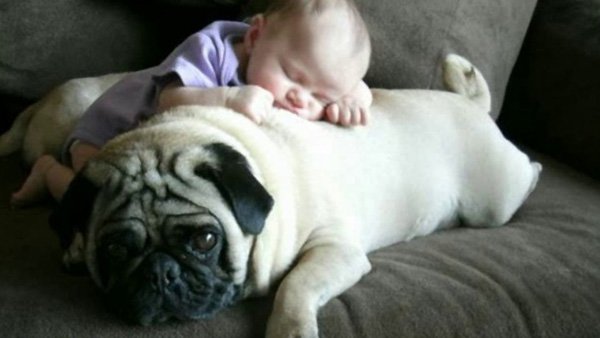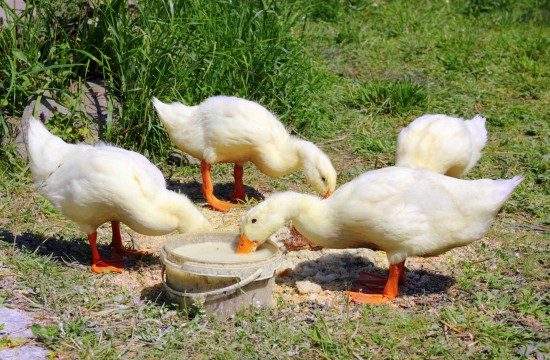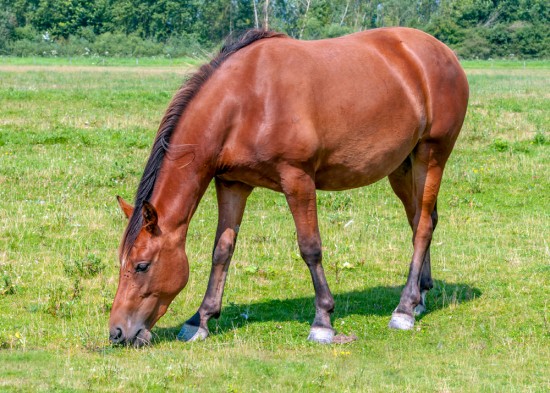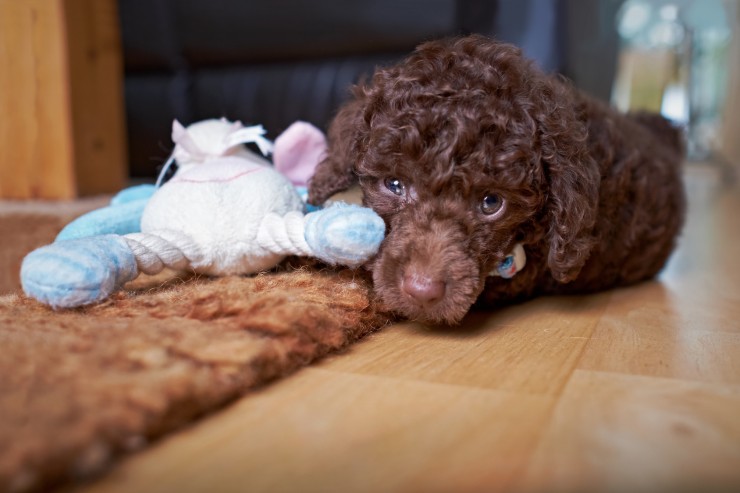
Everyone knows how exciting it is to bring home a new puppy for your loved ones. You look forward to bonding with him, taking long walks, and of course a lot of cuddling at home. So how can you be sure that you have bought from a good breeder and not from a bad one?
Nosy breeders are usually better breeders. As a buyer, you may do a lot of questioning from the seller, but a breeder who asks questions a lot, can be an indication that he is a good breeder, too. You may also ask for some references through well-known friends to end up with one. So if your breeder seems to be a bit nosy, then that is good.
A nosy but responsible breeder will ask you a lot of questions; they may even seem quite personal to you. He will ask for the layout of your yard, the people who live in the house with you, the kind of friends that you have who pays frequent visits at your house, and even your work schedule. Do not be turned off with this kind of questions as the breeder or seller is only interested in the kind of environment that his puppies would be in after they leave him. They care about the puppy not the sale.
Good breeders will also tell you the genetic lineage of your puppy. They will tell you the puppy's heritage and may even show you papers to prove it. This is important since their health and personality are hereditary. Knowing that your puppy is from a good stock will give you a great relief indeed. Other breeders may not be able to give you this information since their dogs breed randomly. They are usually called puppy mills and their breeders are only concerned about the sale and not the welfare and well-being of the pups that they sell.
Breeders will expect you to have some concerns and give them a lot of questions. That is normal and is to be expected since you are going home with a new family member. Some of the questions that you may ask are the following:
• Does the dog have a veterinary health certificate and a written guarantee from the breeder that the dog does not have any congenital defects?
• Has the puppy completed eye screenings and does it have certificates from the OFA or PENN Hip that will guarantee any possible defects with the puppy?
• Is there a written contract between you and the seller that enumerates the certain rights that you and the breeder have?
• Are health information about the puppy available and up-to-date?
• Does the breeder provide AKC or CKC registration papers for their puppies?
• Can the breeder tell you the history or lineage of the puppy? Responsible breeders can tell you that reaching to earlier generations or even the puppy's family tree.
Good breeders will be able to give the right puppy for you and even give you some tips on how to raise them and care for them. When you find for yourself a good breeder, you can be sure of finding a healthy dog.
Steve Weber is a dog lover who has plenty of experience with canine arthritis disease and other dog related issues. At his web site, Cactus Canyon, Steve has many articles and videos that help pet owners dealing with dog joint problems. The site focuses on using all natural glucosamine products like synflex for dogs in treating osteoarthritis.
 Characteristics and Origin Of Lhasa-Tzu Puppy - Crossbreed Of Shih Tzu And Lhasa Apso
Characteristics and Origin Of Lhasa-Tzu Puppy - Crossbreed
Characteristics and Origin Of Lhasa-Tzu Puppy - Crossbreed Of Shih Tzu And Lhasa Apso
Characteristics and Origin Of Lhasa-Tzu Puppy - Crossbreed
 The Three Sires That All Thoroughbreds Share
The Three Sires T
The Three Sires That All Thoroughbreds Share
The Three Sires T
 The Importance Of Worming Ducks
The Importance Of
The Importance Of Worming Ducks
The Importance Of
 Buying Grazing Land For Horses - Considerations To Bear In Mind
Buying Grazing La
Buying Grazing Land For Horses - Considerations To Bear In Mind
Buying Grazing La
 Nipping Signs Of Resource Guarding In The Bud While Your Puppy Is Young
Nipping Signs Of
Nipping Signs Of Resource Guarding In The Bud While Your Puppy Is Young
Nipping Signs Of
Copyright © 2005-2016 Pet Information All Rights Reserved
Contact us: www162date@outlook.com